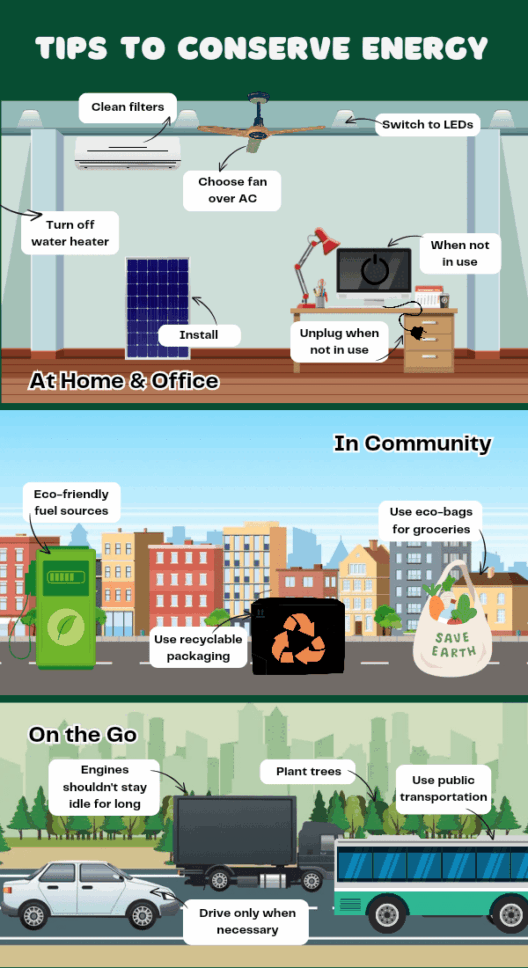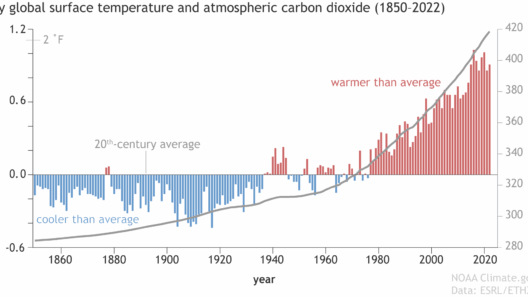Global warming, a result of anthropogenic greenhouse gas emissions, is emerging as one of the most formidable challenges faced by nations worldwide. As the planet’s average temperatures continue to rise, the repercussions are varied, affecting economic stability, cultural heritage, and environmental integrity. This discourse will explore how global warming touches upon the values that nations hold dear and the subsequent challenges posed in mitigating its impacts.
At the forefront of this crisis lies the threat to environmental stability. Ecosystems, which have evolved over millennia, are now facing unprecedented changes. Biodiversity is crucial because it underpins the resilience of ecosystems. However, the accelerated rate of species extinction, fueled by rising temperatures and habitat destruction, underscores a profound ethical dilemma. Nations are grappling with the moral implications of losing irreplaceable species and the potential collapse of ecosystems that provide essential services such as clean air, fresh water, and fertile soil.
These ecological shifts resonate deeply with cultural and spiritual values. Indigenous communities, in particular, hold a symbiotic relationship with the land, where the health of the environment reflects their identity and traditions. The encroachment of climate change on their territories compromises not only their livelihoods but also their cultural narratives. Preserving biodiversity is not merely a scientific endeavor; it is a moral obligation to uphold the identities that are inextricably linked to these ecosystems.
As the climate crisis unfurls, nations also face economic repercussions. The underpinning of any nation’s prosperity lies in a stable economic structure, which global warming jeopardizes. Severe weather events—ranging from hurricanes to wildfires—exhibit a correlation between increased temperatures and intensified natural disasters. The financial burden imposed by these disasters manifests in exorbitant recovery costs, loss of property, and disruptions in critical infrastructure. Such events escalate societal inequalities, disproportionately affecting lower-income communities that often lack the resources to recover fully.
The insurance industry, an integral component of financial stability, is pivoting due to the rising risks associated with climate change. Companies are compelled to reassess their risk models, driving up premiums and sometimes denying coverage entirely in high-risk areas. This shift presents a challenge for urban planning and real estate development, as areas deemed vulnerable to climate change may see diminished property values, exacerbating economic disparities.
Public health is yet another domain where global warming raises values on the line. Rising temperatures contribute to the proliferation of vector-borne diseases, heat-related illnesses, and respiratory issues due to diminished air quality. These health implications further entrench the divide between socioeconomic classes, as marginalized communities often bear the brunt of these health burdens without adequate access to healthcare services. This presents a fundamental challenge for nations: how to prioritize public health in their policy-driven responses to climate change.
Addressing the multifaceted impacts of global warming also necessitates international cooperation. The very values of collaboration and solidarity are stressed as nations must unite to formulate and adhere to climate agreements. However, the dilemma of interests complicates the discourse. Developed nations, historically the largest contributors to greenhouse gas emissions, face criticism for not taking sufficient action to curb their impact. Developing countries, on the other hand, call for equitable adjustments, arguing that they lack the resources to combat climate change effectively.
This inequity breeds tension on the global stage, where nations engage in discussions laden with moral considerations. The responsibility to act is now shared, transcending geopolitical borders and requiring an intersection of environmental, economic, and social policy agendas. Balancing these competing values is paramount for effective global action against climate change.
Furthermore, technological innovation plays a dual role in the narrative of global warming. It offers potential solutions, such as renewable energy sources and carbon capture technologies, which could mitigate emissions. However, an overreliance on technology raises ethical concerns about equity. Access to such technologies is often stratified along economic lines, leading to a scenario where wealthier nations or individuals benefit disproportionately from advancements, while poorer nations continue to face existential threats from climate change.
The challenge to uphold a sustainable, equitable future amidst these transformative changes encompasses a value-based approach to education and awareness. Governments, organizations, and individuals must understand the multifarious ways climate change intersects with daily life, tying economic decisions to environmental consequences. Educational initiatives aimed at promoting sustainability and climate literacy serve to empower communities, fostering a collective consciousness geared toward effective climate action.
Ultimately, the complexities surrounding global warming necessitate an integrated framework that addresses the intersection of environmental integrity, economic stability, social equity, and cultural preservation. Navigating these challenges is not just a matter of policy but a profound examination of shared human values that transcend borders. The path forward hinges on the capacity to embrace these values in shaping resilient nations, equipped to face the daunting hurdles posed by a warming planet.
As we confront the reality of global warming, it becomes imperative for nations to introspect and recalibrate their values in the face of such challenges. The stakes are high, and the time to act is now. Whether through collaborative international frameworks, innovative technological solutions, or grassroots movements, the future will reflect the choices made today. In doing so, nations can safeguard not only their values but also the very essence of human life on Earth.







